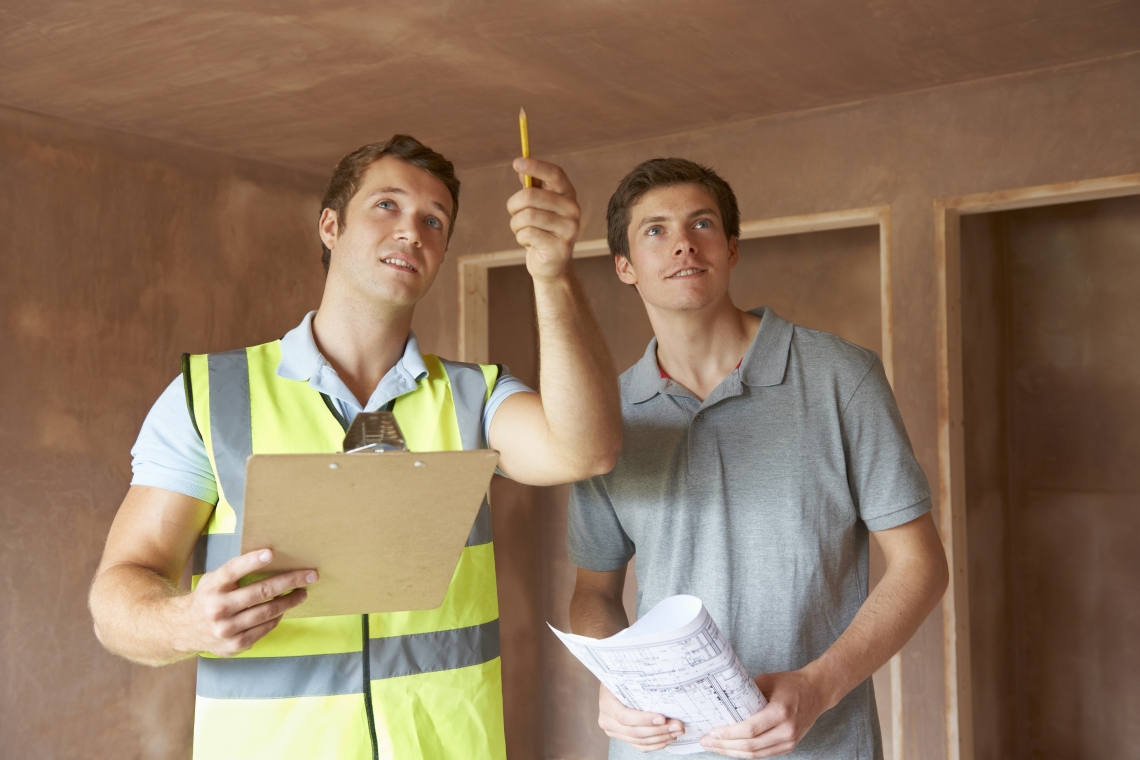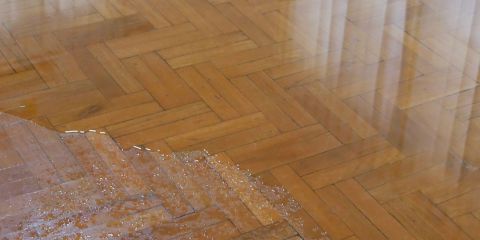2018
Home Inspection Tips: Search for Hidden Leaks

When purchasing a home, one of the most important things to make sure you have done prior to closing the deal is to have a home inspection done. A thorough inspection should be able to detect any hidden problems with the home, such as hidden leaks or concerns where there may be caution for a future leak to happen. But, not every home inspection is the same – make sure you are getting the most out of your home inspection by following these tips.
- Go to the Inspection
It is important to be physically present for the inspection yourself, that way you can be prepared to ask questions and point out anything specific you would like the inspector to investigate further, such as sources of water damage or potential leaks. - Find a Quality Inspector
Do your research to find a home inspector you can trust to give you peace of mind about the home and it’s potential issues. You may need to pay a higher fee for a highly-recommended inspector, but it can very well be worth it comparing to the purchase price of your home. - Look Carefully at the Roof
The roof of a house is one of the most expensive and difficult-to-replace parts of the home. The roof also plays a vital role of keeping the interior dry and in good shape. Find out when the roof was last replaced, the age of the shingles, and whether or not there is a warranty in place on the roof if it is new. A home inspector should go up onto the roof during their inspection, and should be looking for curled or missing shingles, leak concerns near vents and skylights, and other signs of water intrusion. - Inspect the Attic
An inspector can learn a lot about a house from its attic, such as whether or not bathroom vents are properly vented. A bathroom fan that vents into the attic, the attic will be full of moisture and humid air, which will cause rot and mold. The inspector should also check the attic for leaks which can cause issues with moisture and insulation. - Inspect the Basement.
A basement inspection can give lots of clues to the condition of the house. Look for signs of water leaks and repair, or cracks in the slab. A home inspector will be able to differentiate between a basement issue that is a big concern and something that will not be a dealbreaker.
Purchasing a home is likely one of the biggest financial decisions you will make in your lifetime – spending a little bit extra on getting the home inspection has potential to save you thousands of extra dollars on repairs that may or may not be necessary. A good home inspector will be able to identify areas of concern for leaks and moisture, and can help you to decide whether or not these issues are large enough concerns to avoid the home, and how soon something will need repaired.
